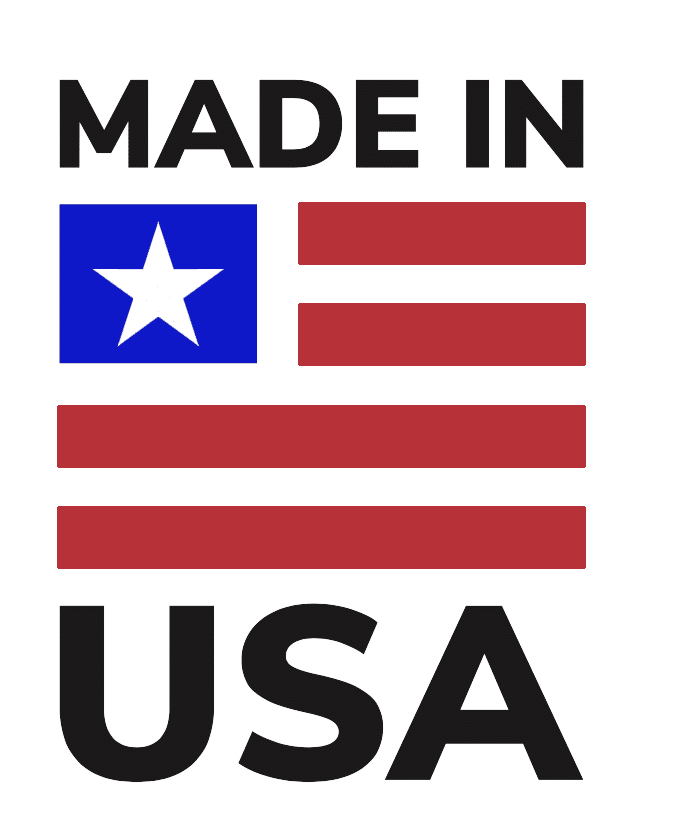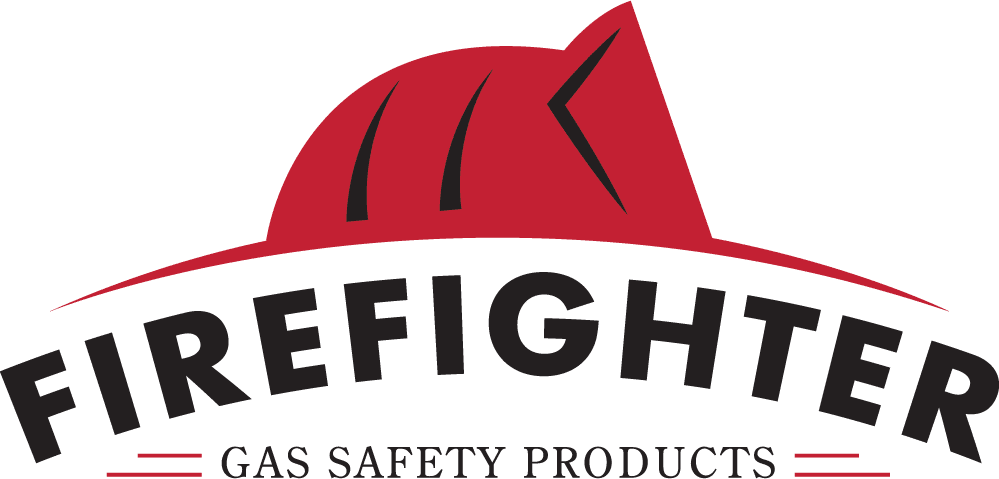

In today's competitive business landscape, understanding the efficiency of industrial water heaters is crucial for minimizing operational costs and enhancing productivity. Industrial water heaters play a pivotal role in various sectors, providing the necessary hot water for processes ranging from manufacturing to food processing. However, not all industrial water heaters are created equal, and their efficiency can significantly impact energy consumption and overall resource management. This comprehensive guide aims to equip businesses with the knowledge needed to select, maintain, and optimize their industrial water heater systems. By delving into the intricacies of efficiency ratings, energy-saving technologies, and proper installation practices, companies can ensure they are making informed decisions that align with their sustainability goals and operational needs. Whether you're upgrading existing equipment or investing in new systems, understanding how to navigate the complexities of industrial water heaters will empower businesses to achieve greater efficiency and cost-effectiveness.
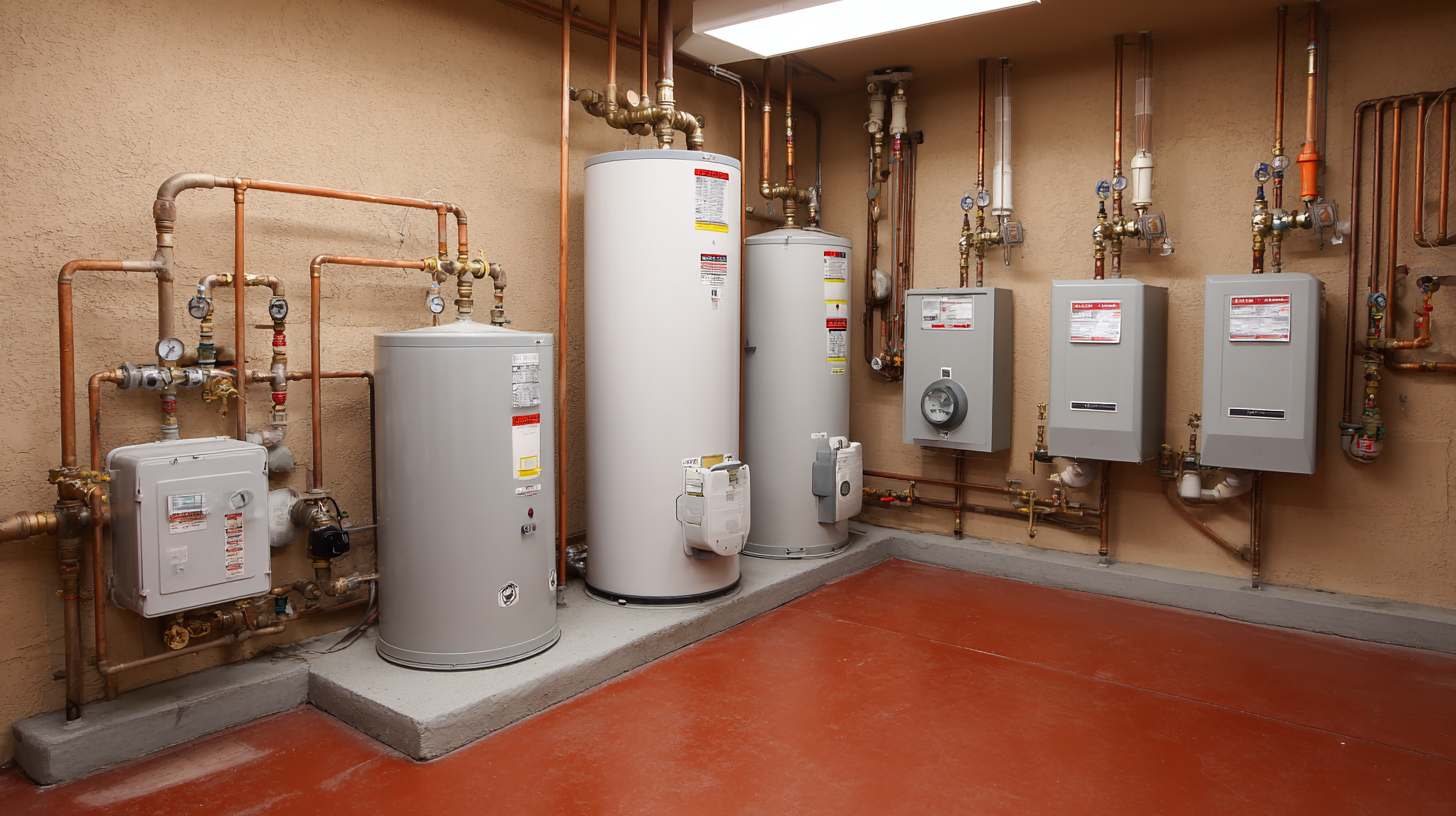
Industrial water heaters play a crucial role in various sectors by providing efficient hot water solutions. These heaters are categorized into several types, each tailored to meet specific industrial needs. For instance, heat pump water heaters are gaining traction, with the global market projected to grow from $5.2 billion in 2023 to $10.2 billion by 2028. This growth is attributed to their high efficiency in utilizing ambient heat and reducing energy costs, making them an attractive option for both commercial and industrial applications.
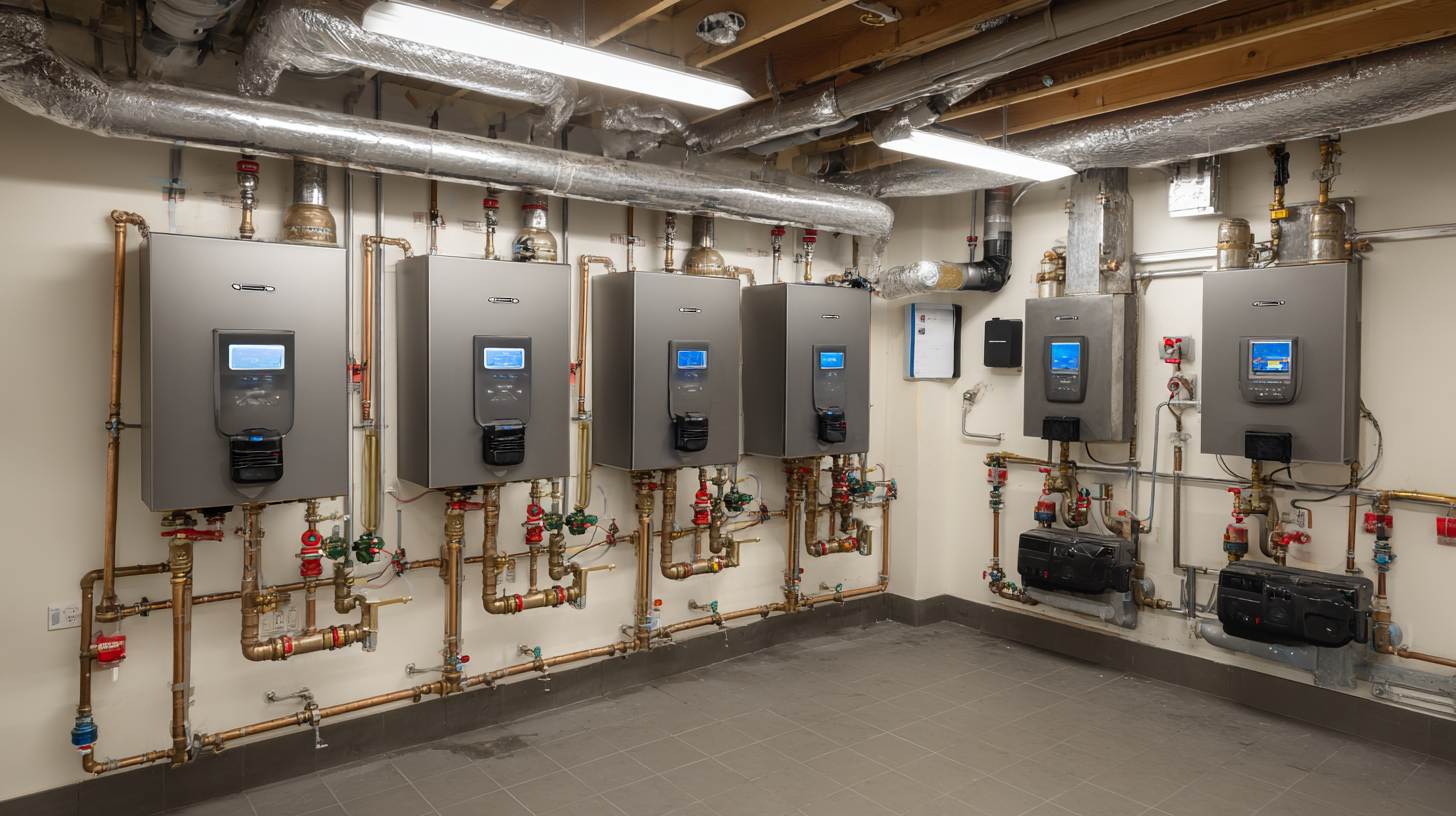
In addition to heat pump water heaters, traditional tank and tankless options remain relevant across industries. The diverse applications range from food processing and pharmaceuticals to hospitality and manufacturing, emphasizing the need for reliable hot water supply. According to recent reports, the water heater market is witnessing burgeoning opportunities, driven by increasing demand for smart water heaters and stricter government mandates on energy efficiency. This landscape reveals the imperative for businesses to invest in advanced water heating technologies to enhance operational efficiency while minimizing their environmental impact.
When assessing the performance of industrial water heaters, several key efficiency metrics arise as crucial benchmarks for businesses aiming to optimize their operations. The most commonly referenced metric is the Energy Factor (EF), which indicates the overall efficiency in converting energy input into hot water output. According to the U.S. Department of Energy, a higher EF rating reflects greater efficiency, reducing both energy consumption and operational costs. For example, industrial models with an EF of 0.80 or higher can lead to significant savings, potentially exceeding 20% compared to older, less efficient systems.
Another essential metric is the Recovery Rate (RR), which measures the heater's ability to produce hot water in a given timeframe. This measurement is vital for business operations that require a consistent supply of hot water, as insufficient recovery can lead to downtime or a decrease in productivity. Research from the American Society of Heating, Refrigerating and Air-Conditioning Engineers (ASHRAE) indicates that selecting a water heater with a high RR can enhance operational efficiency by ensuring a steady availability of hot water, thus minimizing interruption during peak demand hours. By focusing on these metrics, businesses can make informed decisions to enhance their industrial water heating systems, improving overall efficiency and reducing costs.
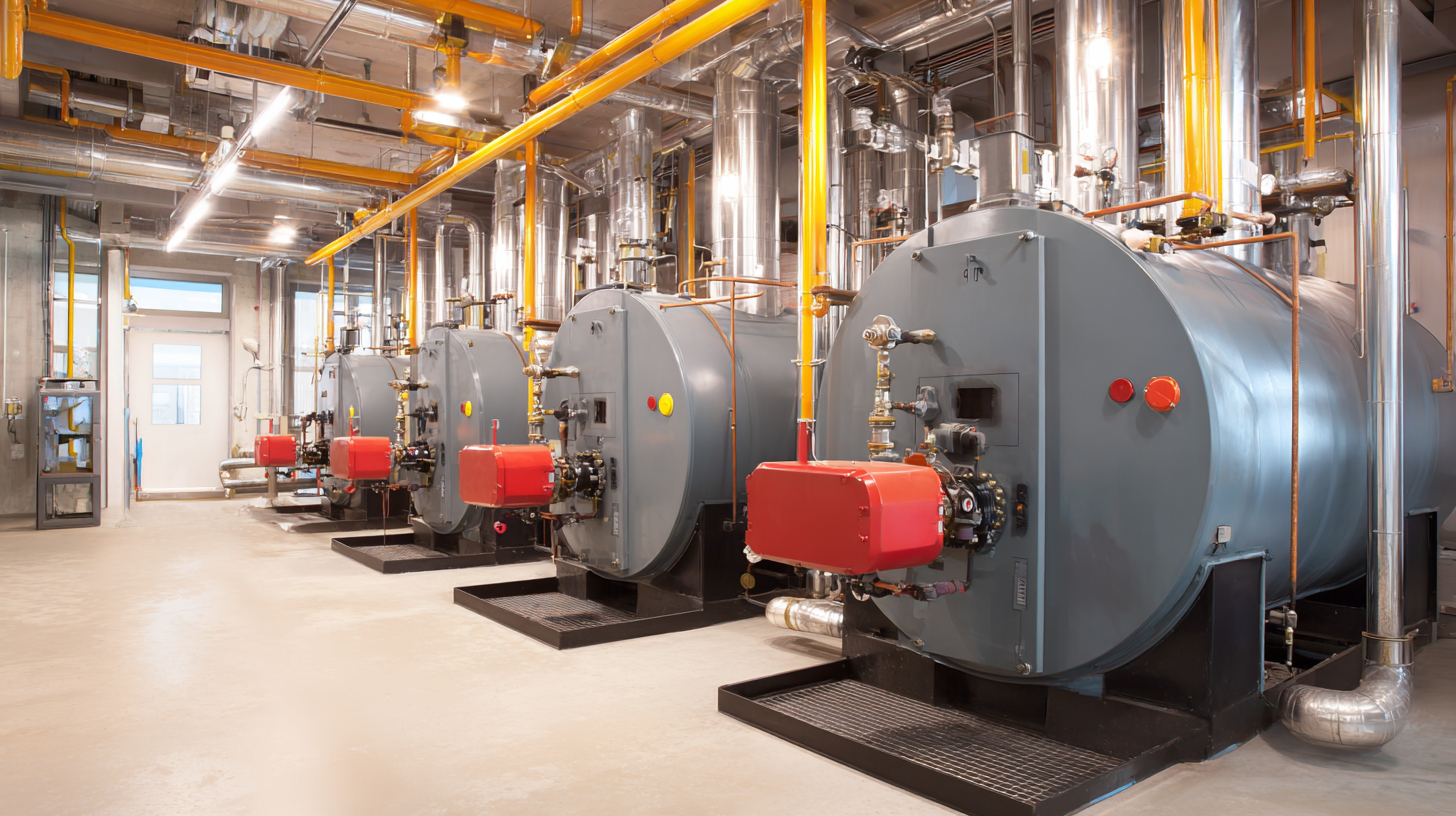
Optimizing energy consumption in industrial water heating systems is essential for businesses aiming to enhance efficiency and reduce operational costs. With significant advancements in technology, including the growing trend towards heat pump systems projected to reach a market size of $120.37 billion by 2026, companies have an opportunity to leverage these innovations. Implementing energy-efficient practices not only contributes to sustainability but also aligns with global market trends that emphasize the importance of competitive efficiency.
Tips for Optimization: One effective strategy is to regularly maintain and inspect water heating systems to ensure they operate at peak performance. Identifying and fixing leaks or insulation issues can lead to substantial energy savings. Additionally, consider investing in smart technologies that monitor energy usage in real-time, enabling businesses to make informed decisions about their water heating needs.
Another recommendation is to explore alternative energy sources, such as heat pumps, which can significantly reduce the carbon footprint of heating processes. Transitioning to these systems not only promotes environmental stewardship but can also yield long-term financial benefits as energy costs continue to fluctuate.
When it comes to industrial water heaters, businesses must weigh the pros and cons of electric versus gas-powered models. Electric water heaters are often praised for their efficiency and lower initial investment costs. They require less maintenance and installation is generally straightforward. However, their operating costs can be higher in areas where electricity prices are steep, making them less favorable in the long term.
On the other hand, gas-powered water heaters tend to have lower operational costs due to cheaper gas prices in many regions. They deliver water heating at a faster rate, which can be crucial in high-demand industrial settings. However, the initial investment and installation complexity can be significantly greater for gas systems, and they may require more regular maintenance to ensure safe operation.
**Tips:** When selecting a water heater, consider your facility's specific needs, including demand fluctuations and budget constraints. Additionally, monitor energy prices regularly, as fluctuations can impact long-term savings. It's also beneficial to consult with a professional to assess which option aligns better with your operational goals and energy efficiency standards. Choosing the right water heater can lead to substantial cost savings and improved operational efficiency in your business.
This chart illustrates the comparative efficiency of electric vs. gas-powered water heaters used in industrial settings. The efficiencies are measured in terms of energy efficiency ratio (EER), which indicates how much heating power is generated for each unit of energy consumed.
Maintaining industrial water heaters is crucial for enhancing their efficiency and longevity. Regular maintenance can prevent unexpected breakdowns and extend the lifespan of your equipment. Simple steps like checking and replacing filters, inspecting hoses for leaks, and ensuring the heating elements are clean can significantly improve heater performance. An effective maintenance schedule not only keeps the unit running smoothly but also helps optimize energy consumption, thereby reducing operational costs.
Tips: Schedule routine inspections at least twice a year to catch any potential issues early. Additionally, keep detailed records of maintenance activities to track performance and anticipate future repairs.
Moreover, routine maintenance should include monitoring the pressure and temperature settings, as improper configurations can lead to inefficiencies. Implementing a water treatment program can also help in reducing scale buildup, which is a common issue in industrial settings. This enhances efficiency and prevents damage to the system.
Tips: Train staff to recognize warning signs of inefficiency, such as unusual noises or fluctuating temperatures. Investing in professional maintenance services can also alleviate the burden on your in-house team while ensuring that experts handle the equipment properly.
© Copyright 2025 | LittleFirefighter.com | All Rights Reserved | 1EZ Creative: Orange County Web Design
Fusce ut ipsum tincidunt, porta nisl sollicitudin, vulputate nunc. Cras commodo leo ac nunc convallis ets efficitur.

12345 North Main Street,
New York, NY 555555
1.800.555.6789
sale@vibrotools.com
